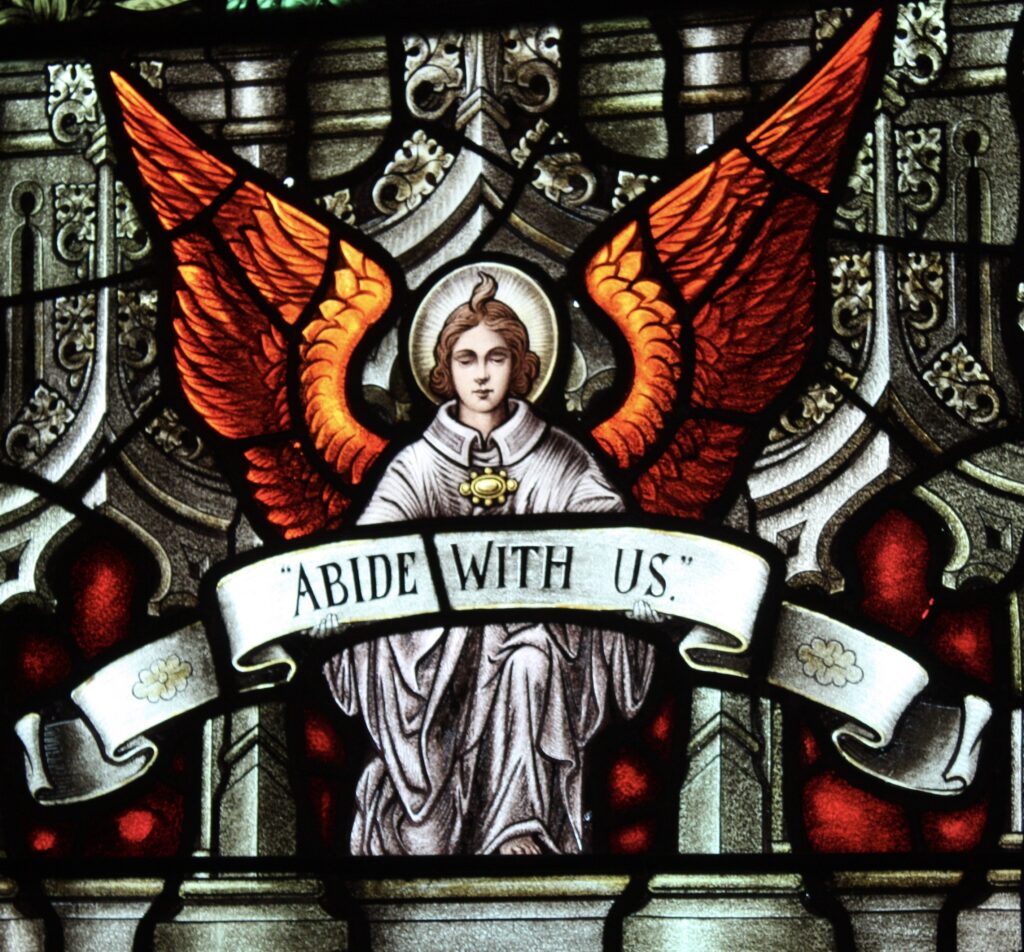So, like many of you, tonight, I am putting on my Martin Luther costume, and preparing to hit the streets to celebrate the birthday of the Protestant Reformation. I have my hammer, nails, and am planning on putting my personal 95 Theses (which involves a significant number of driving pet peeves) on many doors in this town. Nothing like a little pre-All Saints Day revelry to really get your church foundation started.
For those of you that do not know or never took a catechism class (like yours truly), today marks the Anniversary of the event that started the Protestant Reformation. You know that time in history when a young Augustinian Monk (that’s a flavor of Roman Catholic) decided to propose a debate and ended up getting himself excommunicated and starting a new church. It is a remarkable story.
What is fascinating, among other things, is that something so small, the posting of a set of discussion topics, started a religious revolution. So, here are some interesting tidbits in case, you don’t’ like to research these things yourself.
There are 95 Theses, which were what they said they were…several discussion topics meant for scholars to discuss regarding the practice of indulgences in the Roman Catholic Church. Indulgences were basically payola for purgatory – you could buy yourself or your loved ones out of purgatory for a fee, and the rules and the motives of indulgences kept changing, including expiration dates, which is a very interesting topic in and of itself. A criticism became, “When the coin in the coffer rings, the soul from purgatory springs.” Luther’s 27th Thesis declared this a human doctrine, not divine. Given the severity of the Roman Church’s reaction to Luther’s criticism, you can see why the debate about the financing of the Church has remained a debate to this day – replace St. Peter’s Basilica (one of the big projects of 1517) with a G5 of your mega-church pastor.
That said, Luther originally meant to start a scholarly debate among theologians, professors, and the church – thus the posting on the church door. Many people tell that story, which is not actually corroborated, but very likely given the local convention and other events, as if Luther was attacking the Church directly by nailing the 95 Theses to the church door. This wasn’t an aggressive act; the church was where university classes were held, the door was the bulletin board, and there were no post-its or staple guns in Luther’s time, so it was a nail. So, chill-lax, he was just trying to use the Twitter of his day.

That said, when about 70 of your 95 Theses discuss the activities of the pope directly, it is hard to believe that he didn’t see some controversy coming. Just saying. I mean, Germans are known for questioning authority, right? So, he had to know that there would be some lively debate. Plus, he posted them on All Saint’s Eve, October 31st, knowing that pilgrims would be in Wittenberg, looking for indulgences on All Saints Day.
In his Theses, Luther called into question these indulgences. For example, “a truly contrite Christian has a right to full remission of punishment and guilt, apart from a letter of indulgence.” Well, that is an interesting kernel for theological debate and bad for business if you need to build lots of churches and fund a crusade or two.
“All true Christians, whether living or dead, participate in all the blessings of Christ and the Church; and this is granted to them by God, even without indulgence letters.” What? Now, you lost your mind, Luther. Are you saying we don’t need the church for all that forgiving stuff? If you are saying “Amen,” you might be a Protestant.
Clearly such statements are what started the schism that led to the Protestant Reformation, but there were other issues involved too, like the dissemination of books and information, the economic forces at the beginning of the labor economy, and the tension between the power of the church and government. That is why this moment in history is so fascinating, even if you are not interested in religion. The entire course of human history changed due to the musings of a completely unknown cleric and junior professor in the middle of backwoods Saxony. In just a few short years, the Protestant Reformation stormed through Europe due to this single event and its aftermath. And the funny thing is that Luther always thought they would debate the topics, the church would temper its practices, and everyone would move on with their lives…and they did, just not in the way that he predicted.
So, today, I say, “Happy Birthday Protestant Reformation!”



